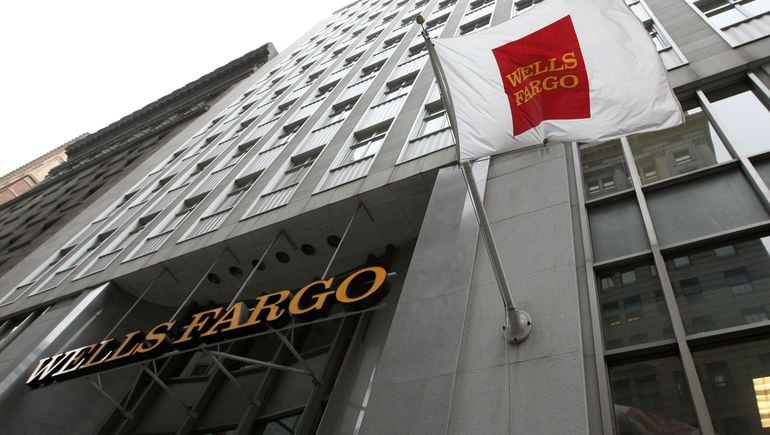Wells Fargo will pay $300 million to settle a class-action lawsuit from shareholders who argued the bank knew it was charging customers for unnecessary auto-collision protection insurance but not telling investors, the law firm Robbins Geller Rudman & Dowd said Tuesday in a statement.
A trial in the case was set to start Feb. 27. The settlement is pending approval by a judge in the U.S. District Court for the Northern District of California.
“While we disagree with the allegations in this case, we are pleased to have resolved this legacy issue,” a Wells Fargo spokesperson told Bloomberg and Reuters in a statement Tuesday.
Shareholders, led by the Construction Laborers Pension Trust for Southern California, sued Wells Fargo in 2018, alleging the bank misled them when then-CEO Tim Sloan said in November 2016 that he was “not aware of any issues” with Wells Fargo’s sales practices and culture.
The New York Times, in July 2017, however, published a story indicating that bank executives were aware the company had improperly charged more than 800,000 customers for auto collision protection insurance. An internal report obtained by the publication showed that roughly 274,000 customers were put into delinquency and nearly 25,000 vehicles were wrongfully repossessed in the process.
The bank had ended the practice by the time the article was published, but didn’t disclose that to investors, Robbins Geller said Tuesday. However, a week after The New York Times article surfaced, Wells Fargo disclosed in a Securities and Exchange Commission filing that it had been aware of the issue since 2016.
“When companies conceal widespread abusive or unfair business practices that harm their customers, investors often get injured, as well,” Scott Saham, a Robbins Geller partner, said in Tuesday’s statement.
The plaintiffs are seeking damages for investors who bought Wells Fargo shares between Nov. 3, 2016, and Aug. 3, 2017, according to Reuters. The investors also claim the bank concealed its auto insurance issues from the Senate Banking Committee in November 2016, the wire service reported.



